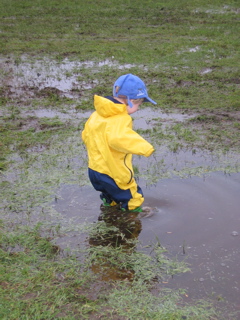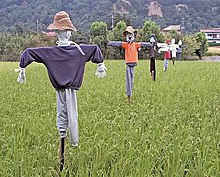Not necessarily.
My noble, lovely, little Peggy,
Let this my first epistle beg ye,
At dawn of morn, and close of even,
To lift your heart and hands to Heaven.
In double beauty say your prayer:
Our Father first, then Notre Père.
And, dearest child, along the day,
In every thing you do and say,
Obey and please my lord and lady,
So God shall love and angels aid ye.
If to these precepts you attend,
No second letter need I send,
And so I rest your constant friend.
Sometimes, a joyous love, and a modest and kind heart, are enough for a feast.
Word To Use Today: epistle. An epistle is a long formal teaching document, so calling this poem an epistle is part of the fun. The word comes from the Old English epistol, from the Greek epistolē, from stellein to prepare or send.
By the way, Matthew Prior, the son of a joiner, became a very clever, important, and much-loved man.





























![Bus shelter on Lewis. Photo by Tom Richardson [CC BY-SA 2.0], via Wikimedia Commons](https://thebeautyoftransport.files.wordpress.com/2015/08/bus_shelter_lewis_style_-_geograph-org-uk_-_1522886.jpg?w=547&h=364)


